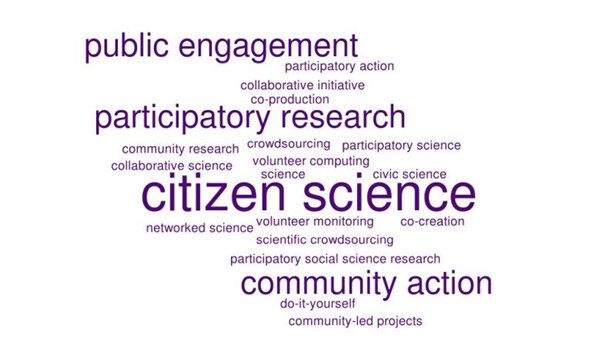Citizen science community at UCL – a discussion and call to contribute
By Kirsty, on 27 October 2023
Community over Commercialization was the theme for this year’s International Open Access Week. The organisers aim for this theme was to encourage a candid conversation about which approaches to openness prioritise the best interests of the public and the academic community—and which do not.
This is related to the UNESCO Recommendation on Open Science, which highlights the need to prioritize community in its calls for the prevention of “inequitable extraction of profit from publicly funded scientific activities” and support for “non-commercial publishing models and collaborative publishing models with no article processing charges.” By focusing on these areas, we can achieve the original vision outlined when open access was first defined: “an old tradition and a new technology have converged to make possible an unprecedented public good.”
-adapted from openaccessweek.org
This week, in support of this theme we have launched our Citizen Science community for anyone at UCL that wants to get involved, staff, students, anyone! It’s the culmination of a lot of work from the team in the Office for Open Science and Scholarship and I wanted to close out the week with a discussion of how we have been approaching Citizen Science at UCL and what we are going to be doing next.
One of the core values of the Office for Open Science & Scholarship, and therefore the team behind the Citizen Science community, is to make everything we do as inclusive as possible of as many of the UCL subject areas as we can.
 We use Citizen Science as a title, because it is a commonly used and recognised term, but as we want to create a broad community we have worked hard to create a unifying definition that we want to work to, and this is where this word cloud comes in! This is a work in progress where we are trying to collect as many terms for what we would consider to be a part of Citizen Science as possible and we are hoping that the new community will help us to develop this more and make it as comprehensive as possible!
We use Citizen Science as a title, because it is a commonly used and recognised term, but as we want to create a broad community we have worked hard to create a unifying definition that we want to work to, and this is where this word cloud comes in! This is a work in progress where we are trying to collect as many terms for what we would consider to be a part of Citizen Science as possible and we are hoping that the new community will help us to develop this more and make it as comprehensive as possible!
So, what else have we been doing and what are we working on?
As well as the launch of the UCL Citizen Science Academy, over the past year or so, the team has been talking to a number of colleagues that have been working on citizen science projects to get insights into the projects happening at UCL (which we have added to our website), but also the skills and support that people would recommend for new starters. This will all feed into us recommending, commissioning or developing training and support for you, our community. The aim is to keep building up our existing citizen science related community and enable new, interested parties to get involved, supported by both us and the community as a whole.
We are always asking for information about new projects, feedback on how we can make our community more inclusive and looking for new words for our word cloud so please get in touch by email or by commenting below, we love to hear from you!
 Close
Close


